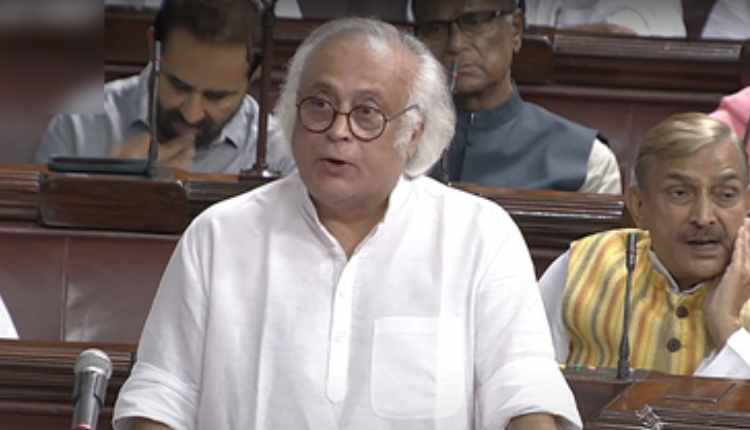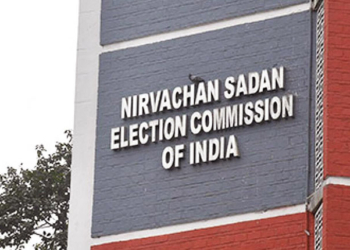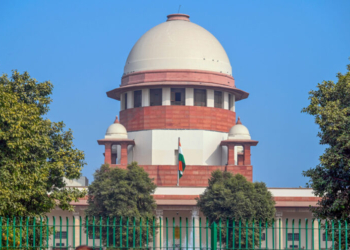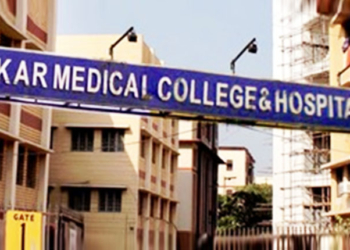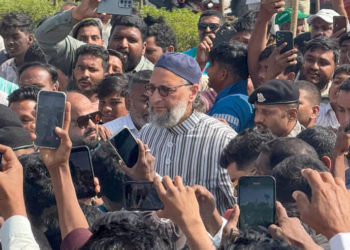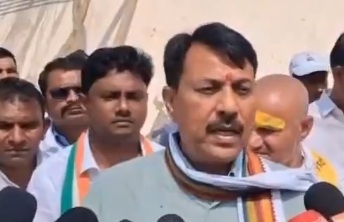New Delhi: Congress MP Jairam Ramesh said in Rajya Sabha on Wednesday that the success of Chandrayaan 3 was based on the contributions of successive Prime Ministers of India.
Addressing the Chairman of the Rajya Sabha, the senior Congress MP said, “Please acknowledge that the capabilities, competencies and capacities that have resulted in the success of Chandrayaan 3 are the result of investments made over the last 60 years.
“These are based on the contributions of successive Prime Ministers. These are based on the contributions of a large number of Indian scientists.”
Jairam Ramesh said that today is the day we should salute our Indian scientific community.
He said, “When you are removing Darwin’s ‘Theory of Evolution’ from the textbooks, when you reject Newton, when you reject Einstein, and you think all knowledge was available to India 2000 years ago, this is not scientific temper.
“Scientific temper is a spirit of enquiry, is a spirit of questioning. We have a glorious tradition in mathematics. We have a glorious tradition in Astronomy. We have a glorious tradition in mythology.”
He said that India should take pride in its past but should not think that all modern science and all of modern technology was known to Indians 2000 years ago.
“If you reject science, if you do not give your scientific institutions freedom, if you do not allow scientific endeavour to flourish in a spirit of professionalism, you can have all the Chandrayaans in the world, but it is not going to make a difference to the minds of the young,” he added.
Addressing Jagdeep Dhankhar in the Rajya Sabha, the Congress leader said, “Sir. We have to create a scientific spirit. The spirit of questioning, the spirit of enquiry, the spirit of doubt is the spirit of science, which I hope will be created by this excitement.”
“Along with Chandrayaan 3 let’s not forget Chandrayaan 1 that was launched in 2008 and I have no hesitation in saying that the first announcement of the Chandrayaan was by then Prime Minister Atal Bihari Vajpayee on August 15, 2003. After 2003 you have the Chandrayaan 1 in 2008, you have Chandrayaan 2 in 2019 and you have Chandrayaan 3 in 2023. What does it mean? It means there is continuity in governance,” he added.
He pointed out that the Aditya L1 solar laboratory which is a great success started in 2006.
“It took 17 years for Aditya L1 to be launched. Several Indian private companies were associated with the space programme since 1970,” he said.
Pointing out that the Indian Space Programme has always been based on creative partnership of the private and public sector in the country, he said, “Our nuclear reactors are made in India, our rockets are made in India, our satellites are made in India, our launchers are made in India, and they were being made in India before 2014”
(IANS)




